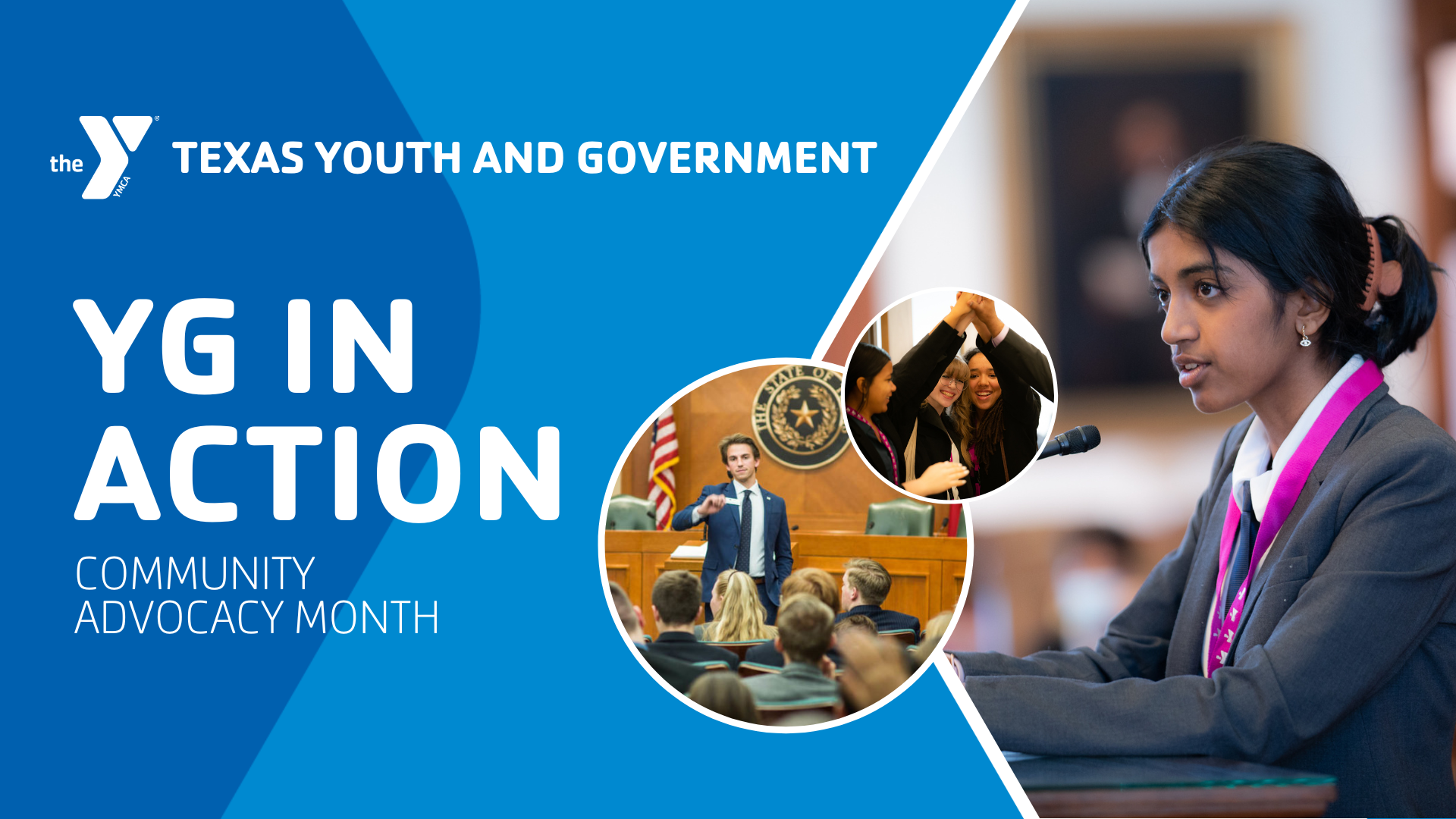What is advocacy?
Advocacy is the act of promoting or supporting a particular cause or issue. It involves speaking out, raising awareness, and taking action to influence public opinion or government policy. Advocacy can be done by individuals or groups and can take many forms, such as lobbying, organizing public events or demonstrations, educating the public through media campaigns, or raising funds for organizations working on the issue. The goal of advocacy is to create positive social or political change and to make a difference in the lives of individuals or communities affected by the issue. Advocacy is an essential tool for democracy.
Why is advocacy important?
Advocacy is important because it enables individuals or groups to raise awareness, influence public opinion, and promote change on issues that are important to them. By advocating for a cause or issue, people can bring attention to injustices, help create policy changes, and encourage people to take action. Without advocacy, many important social and political changes might not have occurred, and important issues may remain ignored.
How can to start advocating?
You can start advocating for change by following these steps:
- Choose an issue that you care about: The first step is to identify an issue that you are passionate about and that you would like to see changed in your community. It can be anything from climate change to human rights, social justice, education, or anything you believe needs attention.
- Educate yourself: Learn as much as possible about the issue, its root causes, and potential solutions. Research organizations that are working on the issue and find out what they are doing.
- Build a network: Reach out to other young people in your community who are interested in the issue and build a network. Build momentum and create a unified voice. This can be through social media, online forums, or by organizing meetings or events.
- Use your voice: Speak up about the issue on social media, in school, with family and friends, and in your community. Use your voice to raise awareness about the issue and why it’s important.
- Take action: Start taking action by organizing events, rallies, and marches, or by lobbying local politicians and policymakers. You can also volunteer with organizations working on the issue.
- Attend local meetings: Attend town hall meetings, city council meetings, school board or district meetings, and other local events where you can voice your concerns and opinions.
- Contact elected officials: Write letters or emails to your elected officials to express your concerns and advocate for change.
- Keep pushing: Advocacy is a long-term process, and change may not happen overnight. Keep pushing for change and continue to educate yourself and others on the issue.
Remember, advocacy can take many forms, and there are many ways to positively impact your community. The most important thing is to start, so stay focused, persistent, and open-minded to achieve your goals.
Resources
There are many resources available for advocacy, including:
- Nonprofit Organizations: Many nonprofit organizations work on specific issues and offer resources and tools for advocacy.
- Government Agencies: Government agencies can provide information on policies, regulations, and laws related to the issue you are advocating for. Examples include the Environmental Protection Agency (EPA), the Department of Education, and the Department of Health and Human Services.
- Social Media: Social media can be a powerful tool for advocacy. You can use platforms such as Twitter, Facebook, Tiktok and Instagram to share information, connect with others, and organize events.
- Online Advocacy Tools: There are many online advocacy tools that can help you send letters or petitions to elected officials, create campaigns, and track legislation.
- Advocacy Training Programs: Many organizations offer advocacy training programs for young people. These programs teach skills such as lobbying, public speaking, and community organizing.
- Books and Guides: There are many books and guides available on advocacy and activism.
Remember, the key to effective advocacy is staying informed, building relationships with others, and taking action.
YG in Action
Read more about topics and issues our YG delegates have addressed this past State Conference on the YG BLOG.

